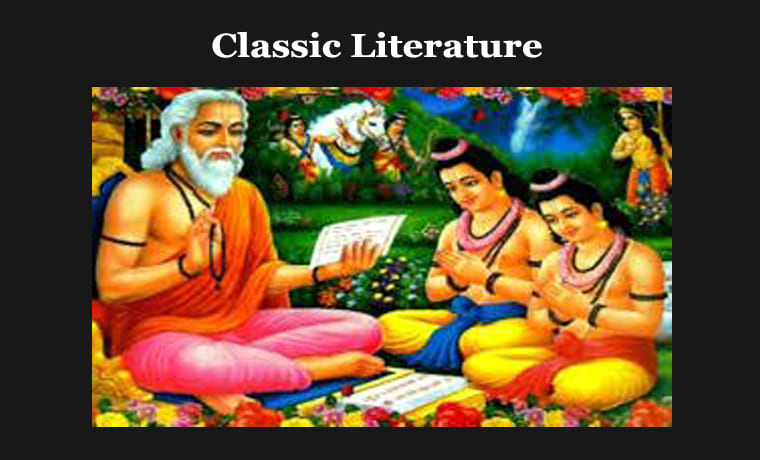Classic Literature
Classic Literature
Introduction:
Classic literature, a term that transcends the bounds of time, encapsulates works of enduring significance and universal appeal. These literary masterpieces, often characterized by their profound themes, rich characterizations, and timeless insights, have left an indelible mark on the cultural and intellectual landscape. In this exploration, we delve into the essence of classic literature and its enduring impact.
Defining Classic Literature:
Classic literature encompasses a body of works that has stood the test of time, resonating across generations and cultures. These are texts that capture the complexities of the human experience, addressing fundamental aspects of life, morality, and societal values. Classics often exhibit exceptional literary craftsmanship, offering insights that transcend their historical and cultural contexts.
Key Characteristics of Classic Literature:
Timelessness:
Classic works possess a timeless quality, addressing themes and issues that remain relevant across different eras. Their enduring appeal lies in their ability to speak to the universality of the human condition.
Depth of Characterization:
Characters in classic literature are often intricately developed, with multifaceted personalities that reflect the depth and nuances of real individuals. These characters become archetypes that resonate with readers on a profound level.
Exploration of Universal Themes:
Classic literature delves into universal themes such as love, loss, morality, power, and the quest for meaning. These themes provide readers with insights that transcend cultural boundaries.
Artistic Excellence:
Classics are celebrated for their literary craftsmanship, including mastery of language, narrative structure, and stylistic elements. The prose or poetry of classic works is often revered for its beauty and eloquence.
Examples of Classic Literature:
Pride and Prejudice” by Jane Austen: Austen’s exploration of love, class, and societal expectations in 19th-century England remains a timeless portrayal of human relationships.
To Kill a Mockingbird” by Harper Lee: Lee’s novel, addressing racial injustice in the American South, continues to be a poignant and relevant commentary on social issues.
One Hundred Years of Solitude” by Gabriel García Márquez: Márquez’s magical realism weaves a tapestry of generational tales, exploring the complexities of history, memory, and identity.
Enduring Impact:
Classic literature shapes cultural consciousness, influencing subsequent generations of writers, thinkers, and artists. These works serve as touchstones for understanding the past, present, and future, fostering a shared cultural heritage that transcends individual experiences.
Conclusion:
Classic literature Books are a testament to the enduring power of storytelling and its capacity to illuminate the human experience. As readers engage with these timeless works, they embark on a journey that transcends temporal and cultural boundaries, discovering the richness and depth that define the classics. In this exploration, classic literature emerges not as a relic of the past but as a living testament to the enduring power of words to captivate, inspire, and resonate across the ages. 0 0 0.
Some Articles Relating to Literature:
- Hysterical Literature
- Conflict Definition in Literature
- Paradox in Literature
- What is Symbolism in Literature
- Simile in Literature
- Metaphor Definition in Literature
- Tone Examples in Literature
- What is Theme in Literature
- Imagery in Literature
- Diction Definition in Literature
- Definition of Tone in Literature
- Foil Definition in Literature
- Gothic Literature
- Motif in Literature
- Tone Definition in Literature
- Parallelism in Literature
- Personification Definition Literature
- Logos Definition in Literature
- Symbolism Definition in Literature











